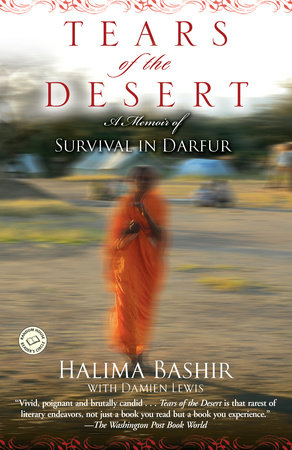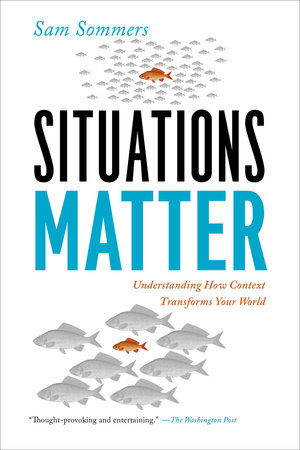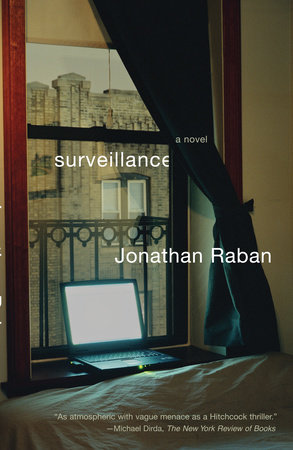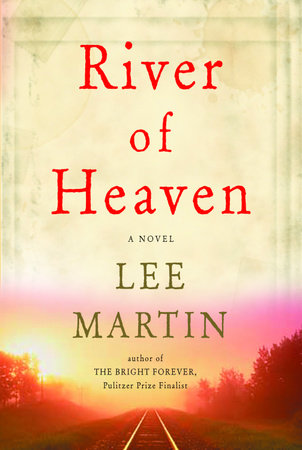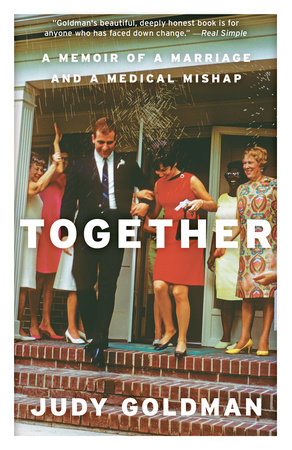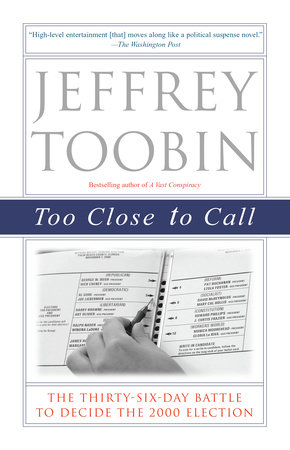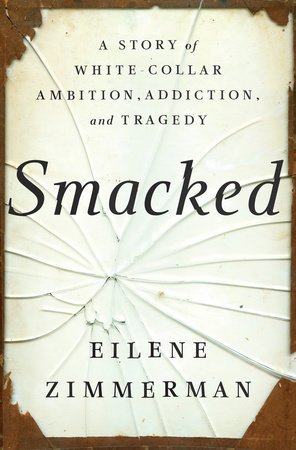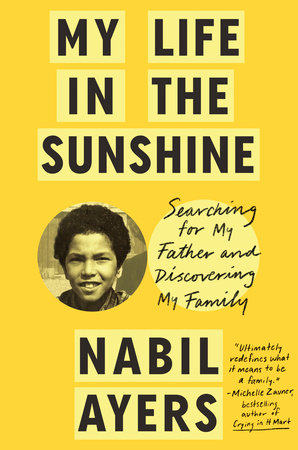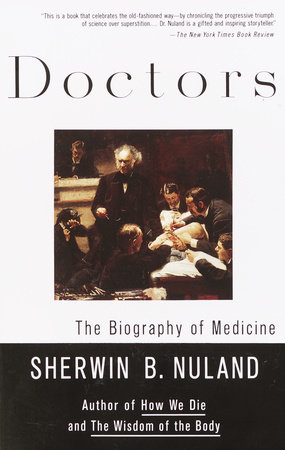A Conversation with Halima Bashir
Random House Reader’s Circle: You were born into the Zaghawa tribe in the Sudan, and a good deal of Tears of the Desert captures your experiences as a young girl in that community. How would you characterize the Zaghawa?
Halima Bashir: The Zaghawa are a black African tribe who inhabit the western region of Sudan, and the eastern part of Chad. They are a Muslim people, with strong tribal traditions that date back many centuries. They are settled farmers by trade, living for the most part in traditional mud-walled villages. While they have a fierce and warlike reputation to those who may try to visit aggression on them, they are extremely hospitable and welcoming when receiving strangers, as that is their tradition.
RHRC: You grew up to become your village ’s first formal doctor, a path your father supported. Why did you choose to practice medicine? Are you currently able to practice in the UK?
HB:When I was born I was named Halima, after the traditional medicine woman of my village. I knew that old woman when I was growing up, and I was told by my father the story of how it happened that I was named after her. Somehow, that naming became like a prophecy–that I would grow up to follow after her. As my father was so keen on my getting a proper education and one far out of the reach of most in my tribe, I wasn’t destined to become a traditional medicine woman. But I was able to study hard at school and achieve the dream I shared with my father– that of becoming the first medical doctor of my village and my entire subclan within the Zaghawa.
RHRC: How do you account for the extreme racism perpetrated by Sudanese Arabs against black African Sudanese? When did you personally first become aware of this racism?
HB: I can’t account for it. But racism by so-called Arab Sudanese against black African Sudanese has long existed in my country. It is one of the root causes of the civil war that has torn Sudan apart for the past several decades. But if you actually look at the people who carry out such racism, and compare them to the people they are trying to abuse, you often cannot really see much difference in their appearance. One’s skin is as black as the others. I first became truly aware of it when I went to school in the big town and faced racism of this nature from the Arab teachers and Arab schoolgirls.
RHRC: The systematic sexual violence used against women and children in Darfur is almost beyond comprehension, and something you experienced firsthand after graduating from medical school. Speaking as a survivor, what is the long-term effect of such violence? How do you survive it? What makes you want to go on living?
HB: The long-term effect is that it will stay with me for the rest of my life. I will never forget the faces of the men who did such things to me. They haunt me. But my spirit endured, and it did in part because I remain so strong in my Zaghawa identity, and in part because my little son gave me the will to live.
RHRC: After 1994 in Rwanda the world pledged “Never again.” Why has the world failed to act in Darfur? Do you feel that the International Criminal Court’s decision to seek an arrest warrant for Sudan’s president will prove effective?
HB: The ICC’s decision is a brave and principled one and I applaud it. If nothing else, it has served to focus world attention on the suffering in Darfur, which is ongoing and largely unabated. And it has forced the world community and the media to refocus attention on this all-toooften- forgotten disaster.
Damien Lewis (co-author): If you ask people who are Darfur refugees– the victims–what they want done in Darfur, as I have asked when visiting the camps, they say three things: 1) We want a proper robust UN peacekeeping force to stop the killing and violence; 2) We want security and safety so we can leave the camps and go home; 3) We want justice meted out to those who have perpetrated this genocidal conflict. The ICC’s ruling goes to the heart of that last request, but it needs to be coupled with greater international efforts on the ground to protect and provide the means of survival to the victims in Darfur.
RHRC: The world community has claimed that Darfur is not, strictly speaking, a genocide. Bearing in mind the revelations in your book, how would you respond to such claims?
HB: It is an attempt to wipe a people and a culture off the face of the earth, so how that can’t be a genocide escapes me. It was planned and executed with military precision, with the Janjaweed being armed by those in the Sudan regime who planned and orchestrated it to wage a proxy war.
DL: The ICC ruling by Luis Moreno-Ocampo charges the Khartoum regime in its entirety, as it says that all levels of the regime were responsible for the situation in Darfur; the ICC’s charges are crimes against humanity and genocide.
RHRC: Your husband, a Zaghawa, married you in spite of what you had been through. Does this make him special in your tradition? How do you now view the terrible stigma of rape that Zaghawa women traditionally suffer?
HB: It makes him special in that he refused to bow to the traditional stigma that rape can attract in our culture–in which the victim is somehow seen as blameworthy. But as he has seen much suffering himself across the Sudan in the civil war, he understands how women and even children can be horribly victimized in this way.
RHRC: You describe your circumcision as a child in painfully frank detail. How do you now view such practices? Are they still common in your tribe? Would you ever consider circumcising your daughter, when and if you have one?
HB: No. Its clearly wrong and unnecessary, not to mention the medical risks involved–both when it is done initially as a child (children die from the wounds caused) and as an adult when giving birth. It is a practice that needs to be stamped out.
RHRC: Can you ever forgive those who destroyed your life and your family and your home in Darfur?
HB: Forgiveness is difficult. We may be able to live alongside one another in Sudan again, but true forgiveness? Imagine if this had been done to you, and then imagine how you would react. If your homes were burned down, your loved ones slaughtered and burned alive, and you and your people forced to flee your homeland, ask yourself honestly if you could ever forgive.
RHRC: Can you ever see yourself going home to live peacefully is Sudan once again?
HB: Yes. That is my dream. Like all my Zaghawa and other Darfuri friends, we dream of going home and living in peace in the land where we were born–one day.
RHRC: Is religion the issue in Darfur, or is race the real issue? Or is it, as some have claimed, access to natural resources?
HB: It isn’t religion: we are Muslims, as are those who were sent to attack us. It is race; there is an Arab-African elite in Sudan who treat black Africans like myself with terrible contempt. I saw this and experienced it and it is so horrible and cruel. It made me hugely angry–especially as Africa is our original homeland. There is conflict over natural resources also–farmland, grazing, water, and, of course, oil.
RHRC:What is the message of your life story for black people the world over?
HB: Survival. The survival of the spirit in the face of all odds. And that the persecution of blacks simply because of the color of their skin has not gone away–certainly not in the Sudan. It is alive and thriving and we need to fight it, as the world community once did in South Africa.
